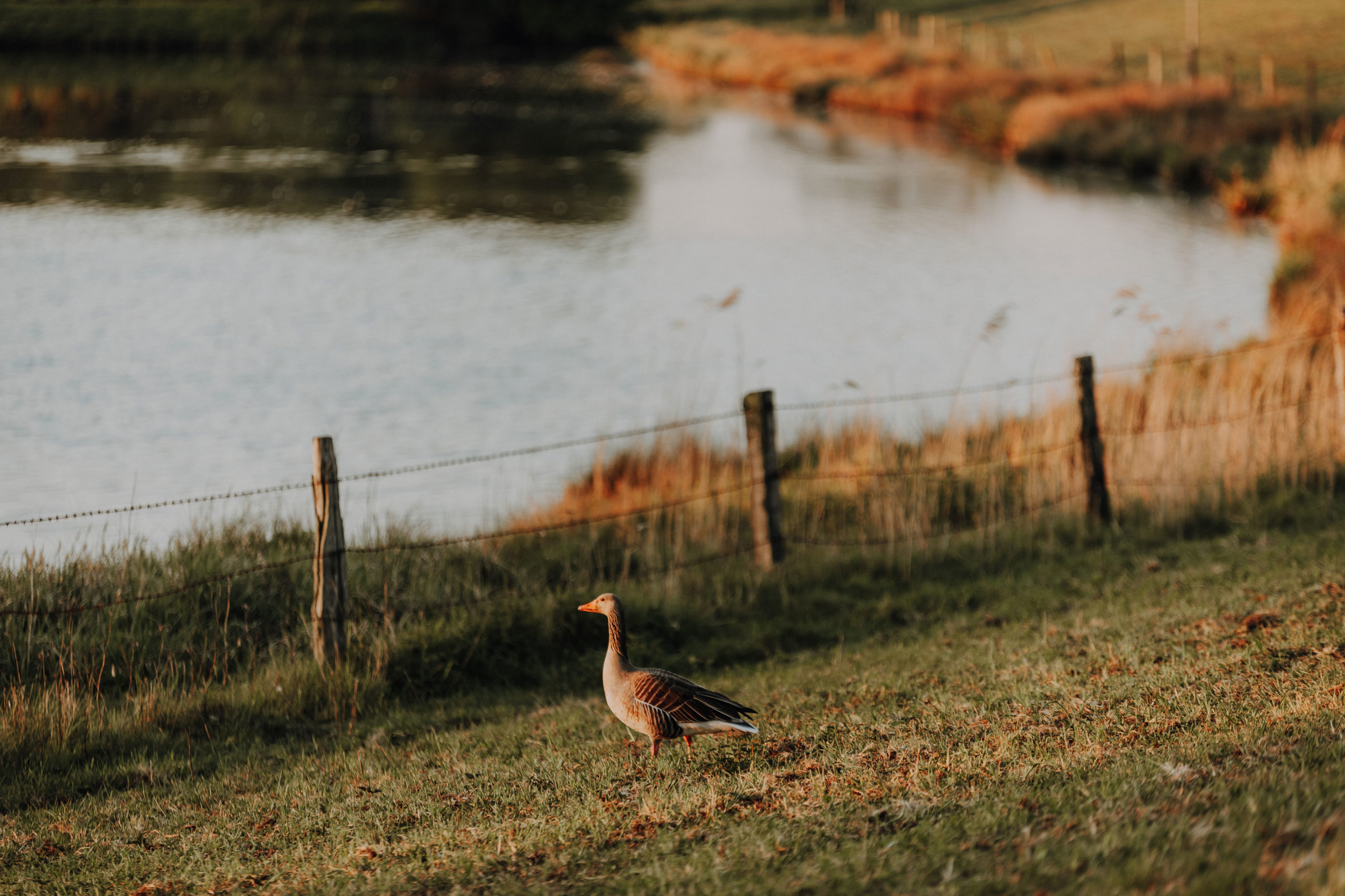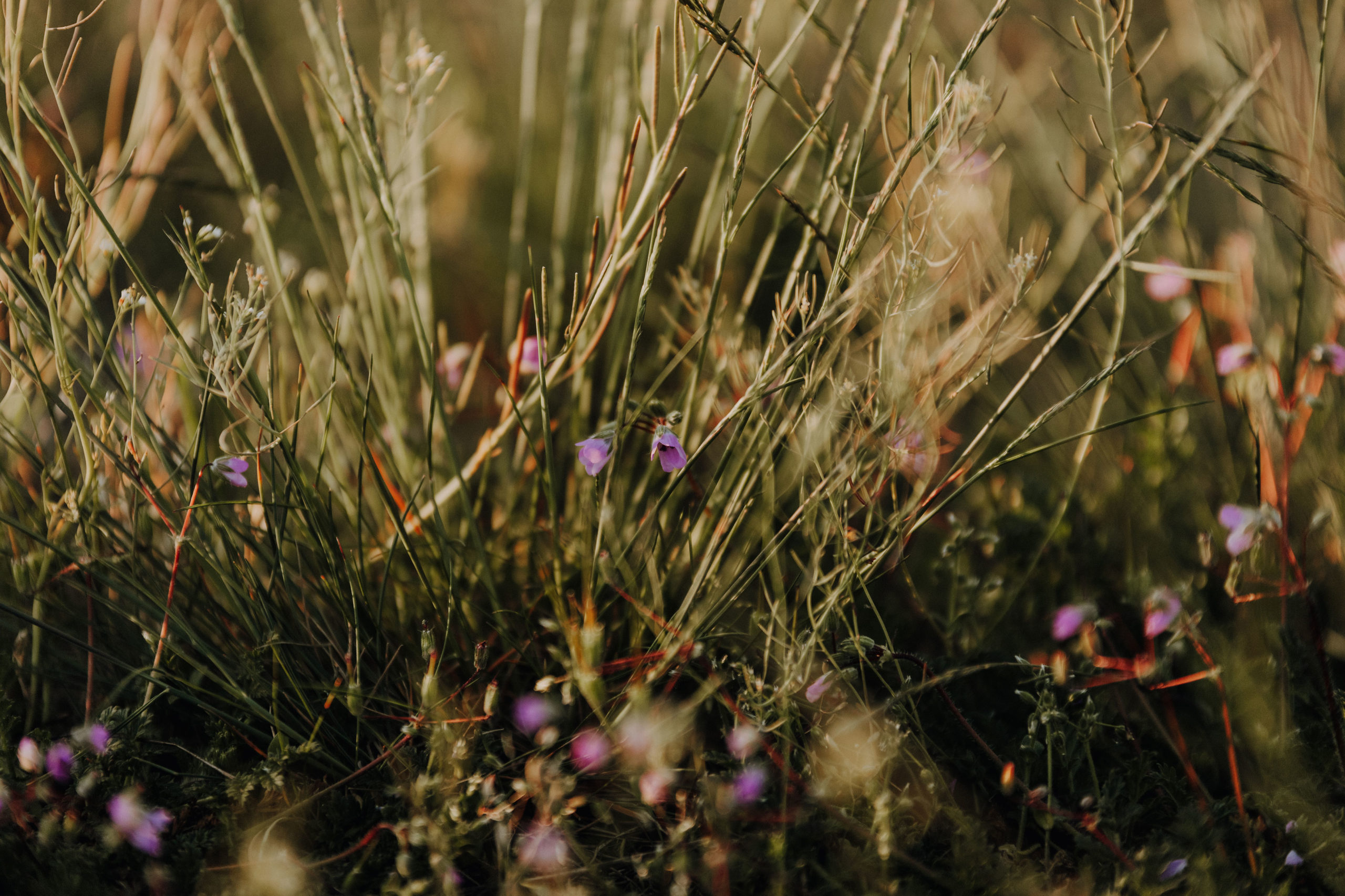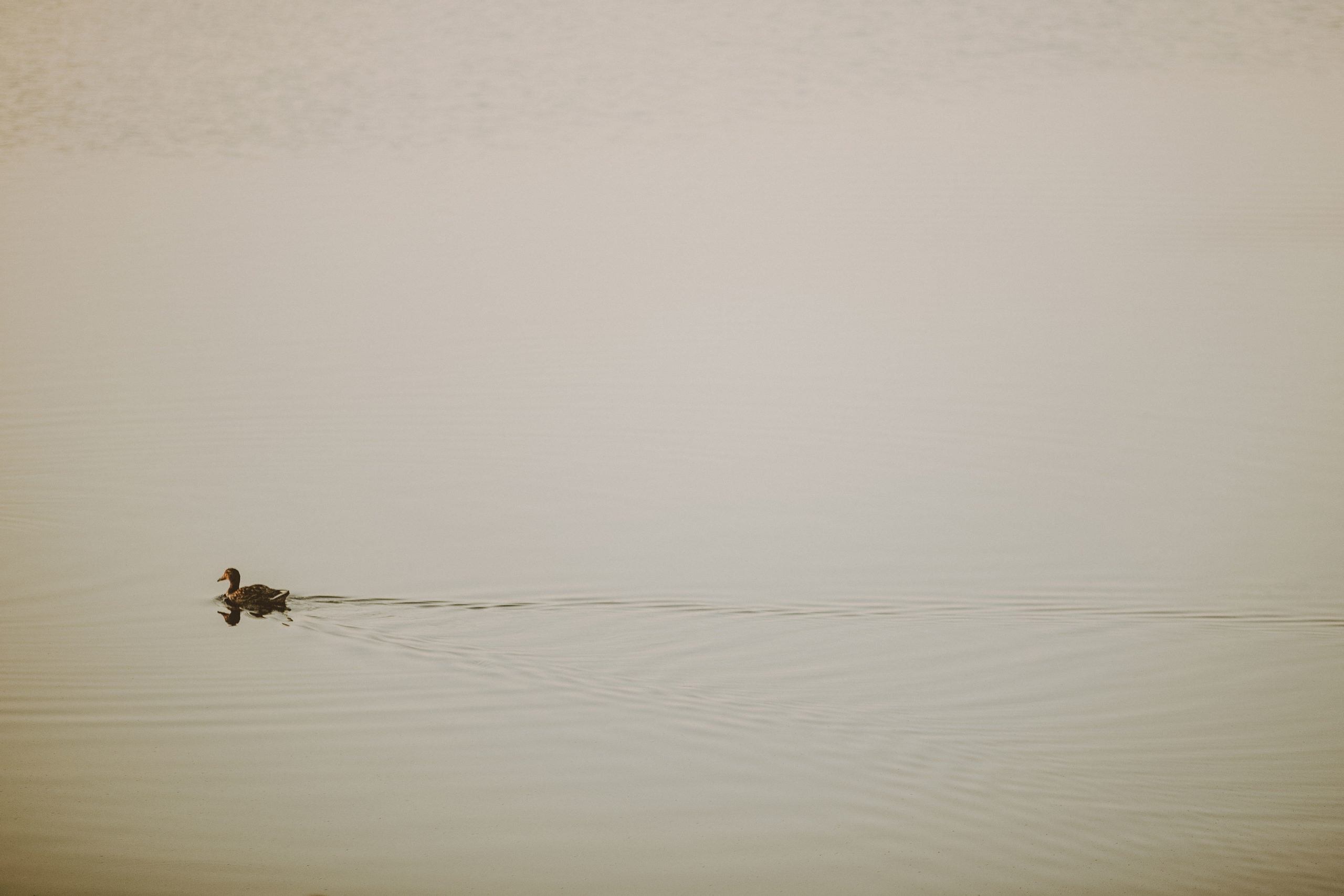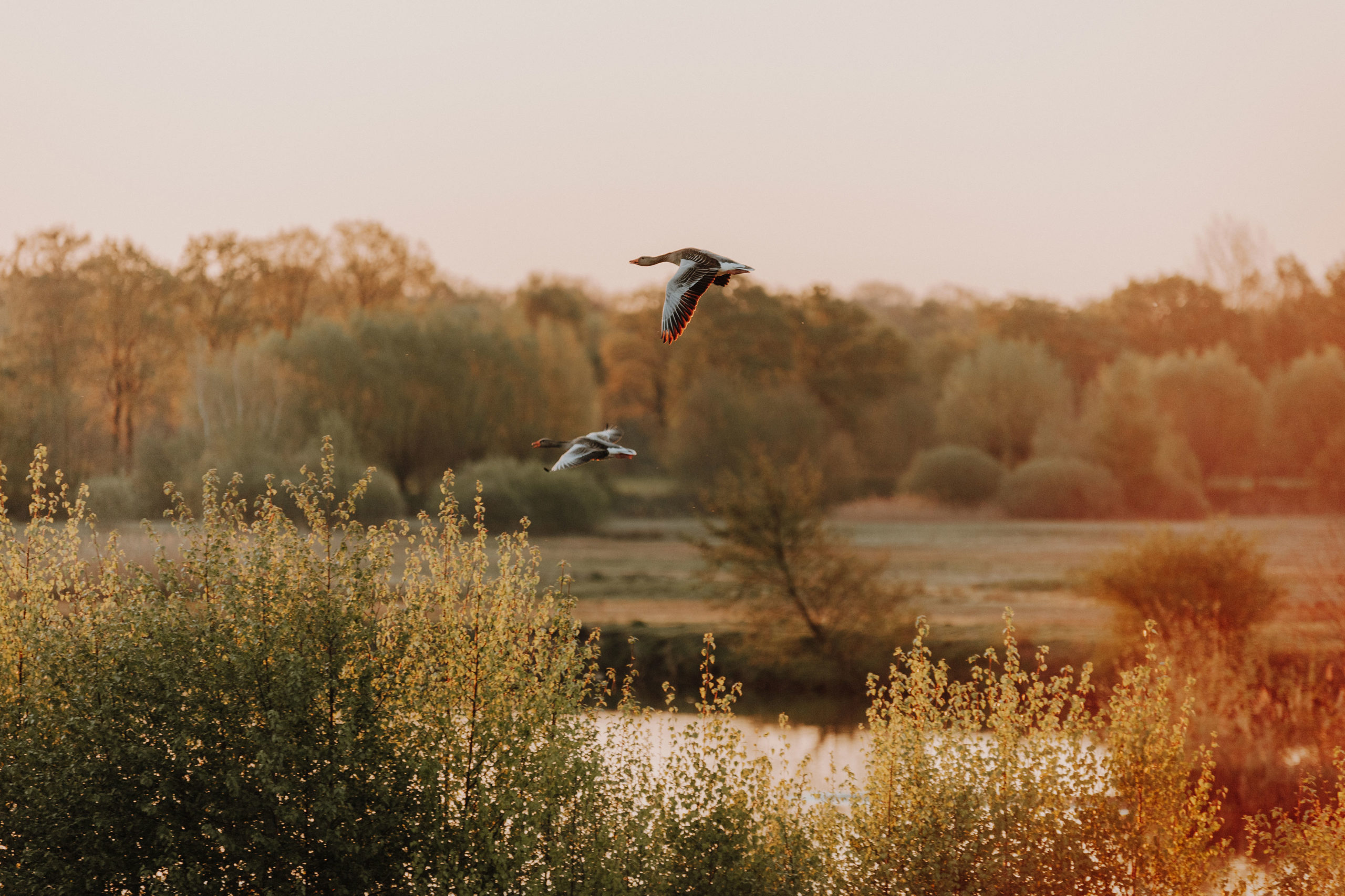Oh my frustration level is almost always high when I go for a grocery run. One time I saw a woman putting a plastic bag of crisps into one of those single-use plastic bags that supermarkets provide for fruit and vegetables – just to have something to carry those crisps around in.
I got mad. So mad that I started crying. Because when I see behaviour like that, I’m not only thinking about that one plastic bag that we can add to the pile of indestructible plastic trash. I’m thinking of birds suffocating because they swallowed a piece of plastic, of whales washing ashore, dead, because they can’t digest all the plastic they swallowed by accident.

Plastic was considered a magical thing back in the day when it was first invented – durable, everlasting. But those traits are what makes it one of the biggest environmental threats today. Plastic doesn’t break down completely as it’s not biodegradable – it only dissolves into teeny-tiny particles called microplastic. And microplastic doesn’t disappear. Never. It stays. (Watch ‘A Plastic Ocean’ on Netflix to delve more into the subject)
Because not all of us can head out to sea and fish all the plastic out of the ocean (8 million tons of plastic are dumped into our oceans every year – just let that sink in), we have to start right where we are, right now and avoid plastic as best we can.
I hear you! This can be a tricky one and sometimes you might feel like you’re fighting a losing battle what with the amount of stuff wrapped in plastic. But there are alternatives and solutions out there which you can adapt to your daily life.

#1
Use your voice as a customer and don’t buy fresh produce if it’s wrapped in plastic. Supermarkets will notice if they don’t sell these products anymore. Never underestimate the power you have as a customer!
#2
Always bring a cotton bag or basket with you when you go to the supermarket to put your groceries in. Afraid of squishing your fruit and veggies? Don’t be! Bananas, capsicums, apples – they don’t need to be put in a plastic bag, because they all come with their own protective layer and they will definitely survive the way from the store to your doorstep. Still afraid? Just bring reusable produce bags with you!
#3
Bottle your own water if you have access to clean tap water. It’s a great money saver and easy on your back as you avoid lifting heavy crates. At home we always have two 1-litre-bottles in our fridge and we never have to be afraid of running out of water.

#4
Use classic bars of soap to clean your hands, body and even your hair! They last longer, smell great and don’t come in plastic containers (make sure they are all natural and cruelty-free).
#5
Bring a reusable water bottle when you’re heading out. That way you don’t need to buy a plastic one when you’re thirsty.
#6
No more plastic straws! When you’re in a bar/cafe tell your waiter politely that you don’t need a straw in your drink. Use alternatives at home as well, like straws made out of glass.
#7
Are you a coffee-to-go person? Bring your own reusable cup next time you feel like a latte macchiato! And let’s be honest: we’re way past the point where running around with a single-use coffee-to-go cup was considered cool.

#8
There’s dental floss in tiny glass flasks out there and dental tabs that come in glass jars which you can use instead of toothpaste. It’s never been so easy to stay away from plastic!
#9
My grandma takes washing to the next level: she uses soap berries for her laundry. They look like walnuts and are 100% natural. They don’t smell great but my Grandma does, so obviously the smell doesn’t stick to her clothes.
#10
Speaking of clothes. A common source of microplastic is clothing made from synthetic fibres, like polyester or acrylic (both a type of plastic). When washing those clothes, tiny pieces of plastic are shed. Wastewater facilities are often unable to remove those particles, allowing them to reach the ocean. Rather buy clothes made out of natural fibres such as wool, organic cotton, linen or silk!

#11
This one’s for the organised ones among you! Try and put the following in your daypack: cutlery, a container (for leftovers or takeaways), a reusable water bottle, a reusable cup for hot beverages, a glass straw, a reusable (cotton) bag and produce bags. If you carry these items with you at all times you won’t have to worry too much about having to deal with plastic.
I hope this helps you to live a more plastic-free life. Don’t beat yourself up if you still produce more plastic than you intend to, you don’t have to do it perfectly. I don’t. There’s still plastic in our household, sometimes more, sometimes less. But I know that I’m already helping by doing it imperfectly instead of doing nothing at all.
(Photos from a magical, early morning at a natural reserve close to my hometown of Rietberg, Germany.)